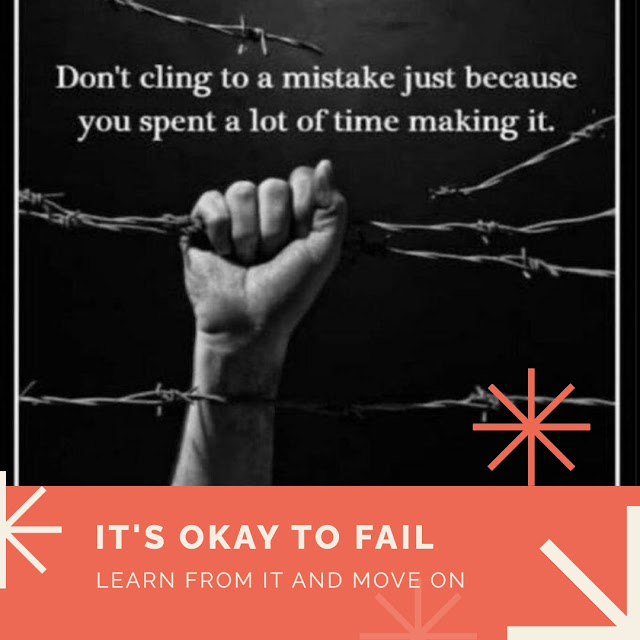Bridging the Gap: Health Equity and the Promise of HEOR and RWE
The Health Equity Imperative
A stark reality was exposed during the COVID-19 pandemic – deep-seated healthcare disparities that predominantly impact communities marginalized by race, income, gender, and geography. But could this crisis also provide us a roadmap to fostering health equity? Can tools within the pharmaceutical industry like Health Economics and Outcomes Research (HEOR) and Real World Evidence (RWE) hold the keys to addressing these disparities?
The Current Landscape: A Divide Laid Bare
Consider Mary, a single mother of three living in a low-income neighborhood. She's juggling two jobs and trying to keep her family safe during a global pandemic. Telemedicine could provide an excellent resource for Mary, but poor internet connectivity and limited technological literacy prove to be insurmountable barriers. How many Marys are left in the shadows of healthcare disparity?
The answer is troubling. The Bill and Melinda Gates Foundation's 2021 Goalkeepers Report reveals that economic recovery from the pandemic is uneven within and between countries. Could our rapidly evolving digital landscape be inadvertently widening the health equity gap?
Patient Reported Outcomes: A Double-Edged Sword?
Patient-reported outcomes and measures (PROs/PROMs) and their electronic counterparts (ePROs/ePROMs) have emerged as pivotal tools in gauging the efficacy and safety of medical interventions. Imagine a future where Mary can easily report her symptoms or healthcare experiences from the comfort of her home, contributing to a database that helps shape healthcare policies. But could the current digital divide make this future inaccessible to Mary and others like her?
Health Equity in the Digital Age: Challenges and Solutions
As we navigate the digital transformation in healthcare, we must ask ourselves - are we inadvertently excluding those who lack the necessary resources? ePROs and ePROMs, while advantageous, can inadvertently reinforce existing disparities. So how can we ensure these tools are inclusive and accessible to all?
To start with, ePROMs need to be more inclusive in their design. Currently, barriers such as limited technological access, language or literacy challenges, and socio-economic stressors restrict the accessibility of ePROMs. Overcoming these hurdles is a crucial step towards more equitable healthcare.
Moreover, we need to look closer at the "bring-your-own-device" approach. While it seems convenient, it could exclude individuals who lack the latest technology. A solution could be making ePROs and EPROMs compatible with a broader range of devices.
Securing Health Equity in the Digital Age
While we bridge the digital divide, we must ensure data security and privacy. Can we provide secure platforms for economically disadvantaged individuals relying on public internet access to participate in healthcare? The answer should be a resounding "yes." It's our duty to protect individuals' privacy and uphold the trust they place in the healthcare system.
The Future of Health Equity: More than a Buzzword
The future of health equity extends beyond ePROMs and ePROs. As we gather more RWE and integrate it with HEOR findings, we gain a deeper understanding of health disparities and effective ways to address them. Future studies should focus on diverse patient populations, examine socio-economic factors influencing health outcomes, and test interventions to level the healthcare playing field.
And here's where you, the reader, come in. Can we count on you to join the conversation, advocate for equitable healthcare policies, or even consider a career in fields that address health equity?
HEOR, RWE, and You: A Collective Leap Towards Health Equity
As we harness HEOR and RWE to address health disparities, we're making strides towards equitable healthcare and a more inclusive, patient-centered approach to drug development and treatment. This revolution in the pharmaceutical industry sees patients holistically, considering both their clinical symptoms and social context.
A Future where Healthcare is a Right, Not a Privilege
The path to health equity, though complex, is achievable. By leveraging tools such as HEOR and RWE, developing inclusive and secure digital health solutions, and reorienting towards patient-centered care, we can make strides towards a future where healthcare is equitable, inclusive, and truly patient-focused.
The stakes are high, and the need for change is urgent. We can transform individual health outcomes and contribute to a healthier, more equitable society. So let's join hands and take this leap towards health equity. After all, health is a right, not a privilege, isn't it?
.png)


Comments
Post a Comment